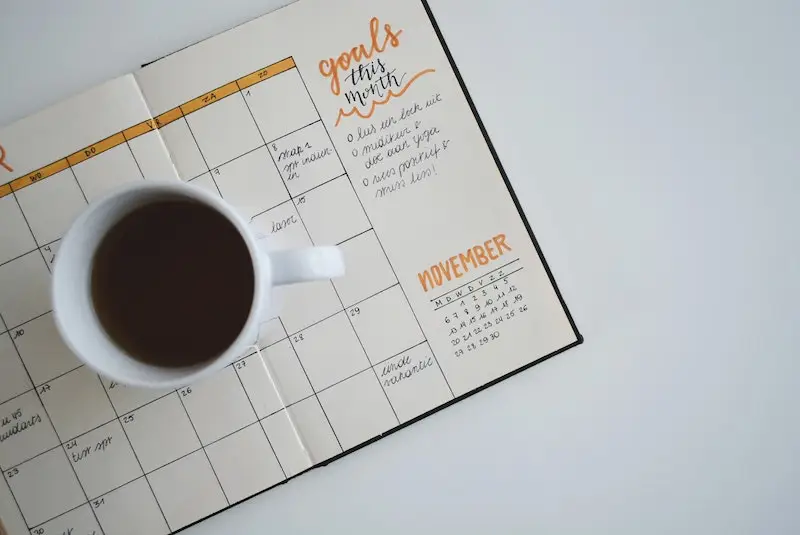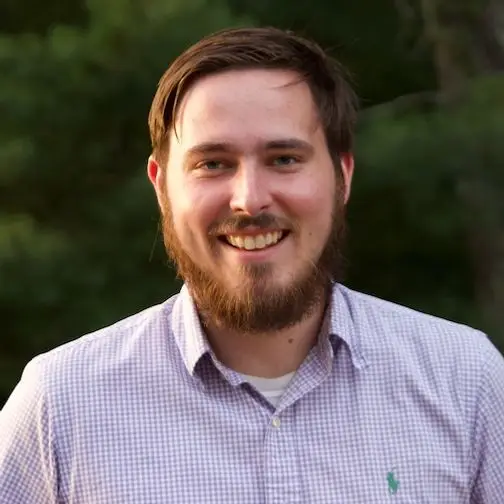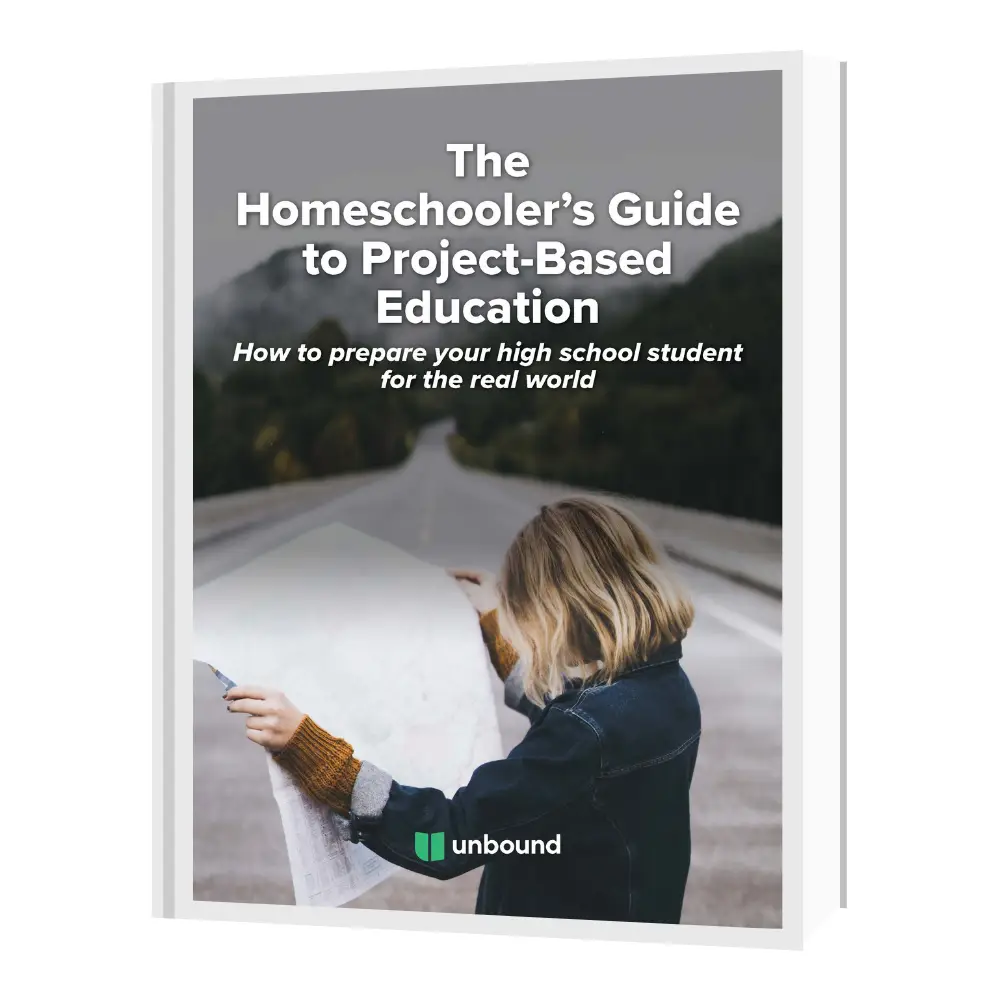Setting Up Your Student for Success in 2021

You’ve heard both sides of the discussion:
“New Year’s resolutions are useless and overrated.”
“New Year’s resolutions are a great way to start the year and pursue intentional growth.”
Regardless of which side you lean towards, you probably want 2021 to be a year of growth for your student.
Maybe they’re a goal-setting, checklists-and-color-coordinated-calendars, Type A person.
Maybe they’re…well, not.
The future of education in your inbox.
Get productivity tips, commentary, and Unbound updates sent to you!
How can you help your student achieve long-lasting growth this year? What’s the secret to accomplishing goals and sticking to resolutions?
Why Willpower Isn’t Enough
Here’s part of the reason why resolutions get a bad rap and goals are notoriously difficult to follow through on:
We’re an ambitious species.
We want to do big things. Who wouldn’t? It is really easy to set lofty, ambitious goals and then find that they require a lot of us–too much. Goals actually require sacrifice and growth hurts.
Gyms are usually packed in January but soon the crowds thin out. Because working out on a regular basis requires discipline and sacrifice.
We can’t trust our willpower to follow through on goals. The evidence is against us: willpower doesn’t really work. The obstacles between us and completing our goal are just too big.
So how do we succeed at crushing goals? How can your student make real progress in their goals and areas of growth?
Systems and Habits
James Clear, author of Atomic Habits, points out that “Improvements are only temporary until they become a part of who you are.” He encourages his readers to “focus on the identity you want to build.”
This is an important distinction from goal-setting. It’s internalizing the progress and growth you want to see. Rather than simply focusing on a checklist of goals and depending on willpower, your student pursues growth through an identity shift and building strong habits.
Habits and systems start small but snowball into bigger successes. As good habits start to form, your student can build on them to reach higher.
Here’s an example:
Let’s say your student has a goal of learning an instrument, maybe the violin.
The traditional “New Year’s Resolution” approach would be to wake on January 1 and start diving into the violin. Learn anything and everything they can about it, how to play it, and how to create music with it.
Chances are the passion will fade over time, however. By February, the violin doesn’t matter as it did before.
The “Habits and Systems” approach would be to start small. It might be as simple as taking the violin out of the case each day. That’s it. Then, once that becomes second-nature, it’s time to play a series of ten notes or practice a simple exercise for five minutes a day. Once that becomes habitual, practice for ten minutes. And so on and so on.
Over time, practicing the violin will just become part of your student’s day and they’ll make more progress than if they were relying on feeling inspired and resentfully “forcing” themselves to practice.
It’s important to convince our brains that “Hey, this isn’t actually that bad. It’s not as demanding as I thought it would be.”
Building a habit through systematic, little steps will draw out the length of time that your student works on their goals and growth.
Sustainable, Achievable Growth
Trusting in passion and willpower alone to accomplish goals is like standing on the edge of a mountain, jumping off, and trusting your ability to fly to reach the ground. Sure, you’ll be in the air for a few seconds but you’ll end up crashing. It would have been better if you just hiked down the mountain, one step at a time.
Helping your student cut their goals and aspirations into tiny steps and daily habits helps them internalize the growth they want to experience. Sit down with them and plot out the systems that they can implement consistently to grow.
Does your student need help finding the right path and the right destination? The Navigate course from Unbound will equip your student with a clear course of action for life’s biggest decisions. Sign up for a free course preview today!




